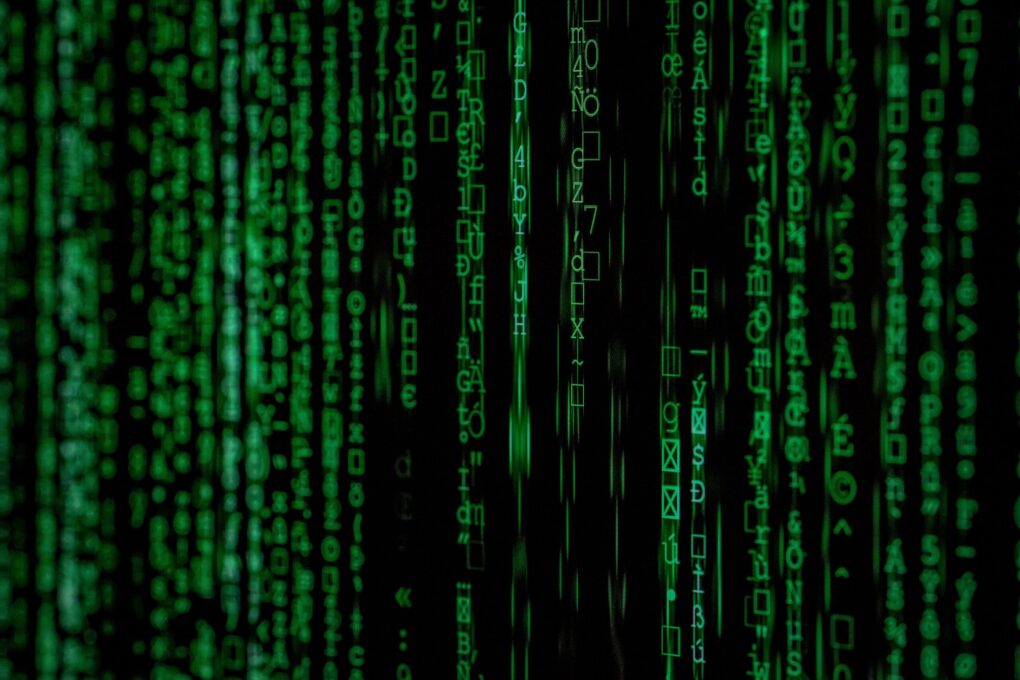There is no doubt that we are living in a time of epochal change, geopolitically, technologically and socially. The central phenomena of this change are acceleration, loss of identity and uncertainty, and we need to find answers to them. In my view, a promising approach to dealing with this new era is to return to our bodies, to our humanity. There are two possible ways of looking at our bodies:
View 1: Just like many other things in the world, we are trying to objectify our bodies more and more, to “measure” them, so to speak. Smartphones and rings fitted with sensors send data about our physical and mental state 24/7 to health apps, which then tell us what we look like and how we are doing. In this way, we create a form of control over ourselves. To say it up front: I am not against this measurement. For people who are ill, such data can be helpful in recognising dangers, measuring progress and getting better. And for those who want to optimise themselves, such as competitive athletes and top managers, it provides valuable information on their path to peak performance. At the same time, however, control also leads to what sociologist Harmut Rosa calls alienation. By making the world available to us, we lose the sense of connection with it that makes us whole people in the first place.
View 2: In contrast, there is a view that can be described as subjective and is sometimes labelled as unscientific. This is about the individual, intrasubjective experience: what happens inside me, what do I feel and think? In the tradition and thinking of phenomenology and humanistic psychotherapy, it is less interesting how people on average go through life happier and more content, but rather what the path each individual takes to get there is. Here, too, I would like to anticipate objections and expressly say that I am not against borrowing from clever studies on what constitutes a happy life on average and therefore for many people. At the same time, however, we should take our unique life and existence seriously and find our own way. Our body is an indispensable compass for this. People who follow this subjective path will always feel uncertainty and perhaps even fear. This is a good thing, because both are signs of humanity and signposts to a life of abundance and fulfilment.
Both perspectives together could be described as a paradox, i.e. as opposing poles that need to be managed again and again. Embodied leadership helps you to develop your own inner compass. In case you are interested to read more about paradox management and embodied leadership, please find further readings below.
Further Readings:
Paradox Management
Part 1: https://lassalle.berlin/2023/07/05/paradox-manageme…at-are-paradoxes/
Part 2: https://lassalle.berlin/2023/08/11/paradox-manageme…-management-head/
Part 3: https://lassalle.berlin/2023/08/15/paradox-manageme…-management-body/
Party 4: https://lassalle.berlin/2023/08/29/paradox-manageme…-management-hand/
Embodied Leadership
Part 1: https://lassalle.berlin/2024/01/19/embodied-leaders…odied-leadership/
Part 2: https://lassalle.berlin/2024/03/20/embodied-leaders…odied-leadership/
